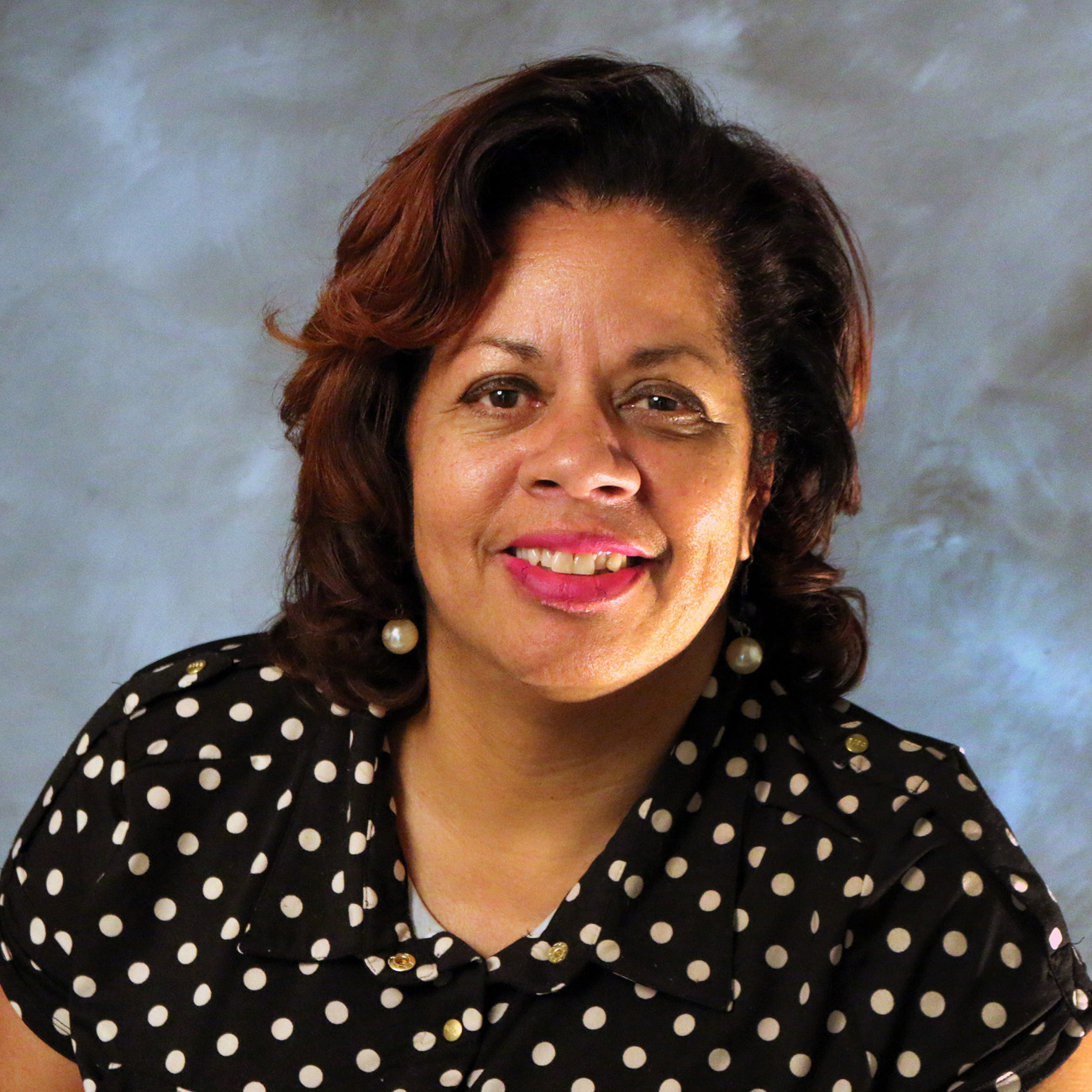The past year has been one of the most trying of our lives. As a health care professional, I’ve witnessed up close the deadliness of COVID-19 and the tireless efforts of my colleagues to fight it. At the same time, another important fight — for racial justice and equality — helped us to raise our collective awareness of racial disparities in health care as well. By the end of the year, though, we received an injection of optimism — a vaccine that continues to shine a bright light of hope, for everyone.
Yet I know that having access to a vaccine won’t be enough for everyone to decide to take it. And while I personally got the vaccine as soon as it was available to me as a health care worker, I understand why others — especially people of color, like myself — may be more skeptical. There is always a feeling that there is some information not being shared with us, so we’d rather let others go first and see what happens. It is not uncommon to think it is about medical concerns other than COVID-19, like being sterilized or controlling people of color in some way. While these concerns are legitimate based on fears from the past, the reality is that they are not true in this present moment. It also may be important to you that an African American physician, Dr. Kizzmekia Corbett, was involved in the development of the vaccine.
There are well-known examples of mistreatment that we can all recall, like the Tuskegee Syphilis Experiments and the use of Henrietta Lacks’ cancer cells for decades of (still ongoing) research without her consent or compensation for her family. Then, there are the more widespread current examples of systemic racism and the unequal treatment experienced by people of color in our health care system overall, particularly in poor communities.
Recognizing all of this, I understand the hesitancy, but I still have boundless hope. That’s why I wanted to share the three main reasons why I got the vaccine when it became available to me and why I hope you’ll do the same when it becomes available to you.
1. Communities of color are more likely to be infected by the virus.
As a person of color, I’m concerned about the vulnerability of communities of color to the virus.
We are more likely to be infected by COVID-19 than white Americans — and more likely to be hospitalized and die as a result. Hispanic/Latino, African-American and Indigenous Americans all have a COVID-19 death rate of double or more than that of white Americans. Getting vaccinated works to prevent the spread of the virus by decreasing your likelihood of getting the virus and reducing your chances of getting seriously ill and needing to be hospitalized if you do get it. It also means you’re doing your part to help preserve our communities and cultural identities.
2. Achieving herd immunity takes all of us.
To protect ourselves, we need to do our part to protect all communities. Getting vaccinated for COVID-19 protects us individually and as a community. People all over the world are getting the vaccine; both medicine and technology are much more advanced. Herd immunity happens when the majority of a community becomes immune to a disease or virus, making it less likely to spread — therefore, protecting everyone.
Many experts believe we’ll need 80% to 85% of the population to be vaccinated to reach herd immunity for COVID-19. Whites make up about 60% of the U.S. population, so even if every white person got the vaccine, that still wouldn’t be enough to reach herd immunity. Simply put: Without the help of communities of color, herd immunity won’t be possible in the U.S. The good news is that it is an achievable goal: We’ve done it in the past, when we received the vaccine for measles, mumps, polio and chickenpox. And I believe we can and will do it again — with your help and the encouragement of others.
3. I believe in the science — and the undeniable results.
Vaccine rumors and misinformation spread online like wildfire. As outlandish as some of the rumors have been, it’s easy to understand the skepticism based solely on the incredible pace of vaccine development. After all, previous vaccines took years to develop; how could we possibly have one that could save the world in just a few months — let alone three or more? The short answer is that we had a head start due to the similarities between this virus and other viruses, such as SARS and MERS, and all of the research we already had on vaccines. This, combined with the massive global work toward a common goal and a plan to speed along the production of the vaccine, made COVID-19’s genetic code and vaccine development easier to crack.
While misinformation continues online and off, the truth remains: The vaccines are shown to be both safe and highly effective in large, rigorous clinical trials. The three main vaccines approved for use in the U.S. — Pfizer, Moderna and Johnson & Johnson — are tremendously effective, already helping to lower the number of COVID-19 cases overall and reducing the share of deaths attributed to long-term care facilities.
That’s good news worth celebrating! We’ve still got a long way to go in this fight, but I believe we can win and protect our own health and continue to preserve our rich cultural diversity and heritage while looking out for each other. And we can begin to right some wrongs from systemic racism and change inequities in the health care system.
Find out more about the vaccine, from details about safety and effectiveness to how to get vaccinated in your area, so you can be ready to take your shot.
